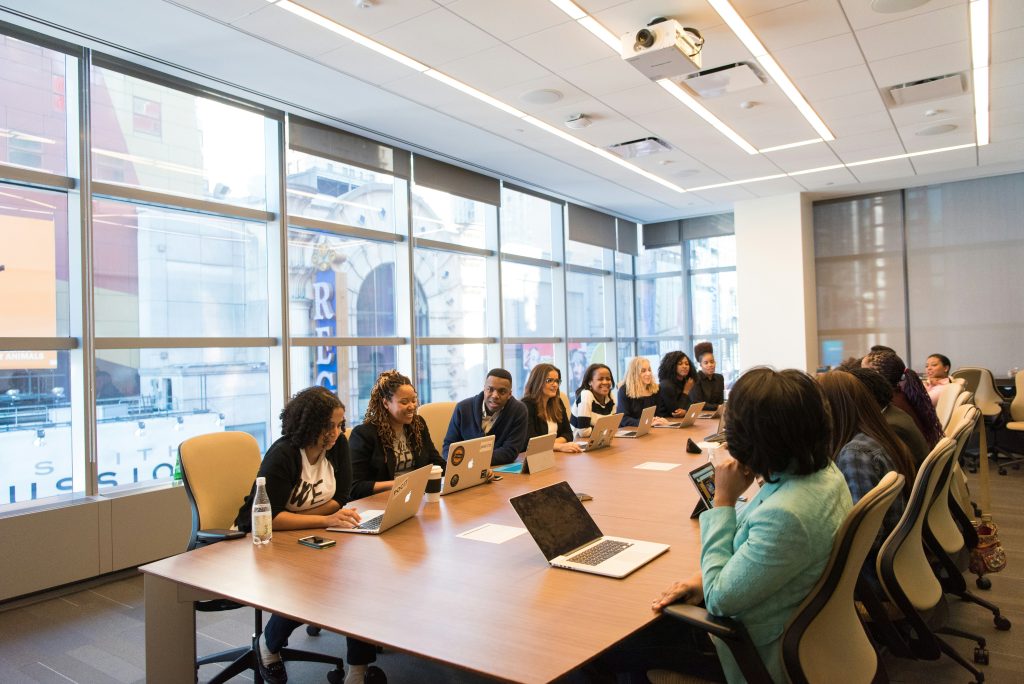
Finding and dating successful professionals in 2025 is shaped by a preference for stronger, intentional connections. Many people now look away from casual online interactions and seek higher-quality matches through planned approaches. This article explains up-to-date methods, steps, and facts for meeting accomplished people and forming potential relationships.
Intentional Connections: New Pathways Beyond Apps
Fatigue from browsing dating apps is common, with many people tired of brief and shallow chats. In response, an increasing number are turning to options outside regular online dating. Professional matchmaking services have gained traction, as have curated social events and industry-specific gatherings. According to leading coaches and matchmakers, the most effective introductions often take place at invitation-only industry conferences, alumni associations, business clubs, or specialized singles events. These venues create a space where professionals can connect through shared interests and authentic conversations.
Real-World Events & Professional Circles
High-achieving professionals often attend conferences, professional councils, and group workshops. Business leaders and those with advanced careers are more likely to meet others intentionally at such events, because the setting encourages direct discussion and genuine interest. Curated singles gatherings, such as those run by matchmakers or company-affiliated wellness programs, use careful vetting to bring together like-minded people. Elite matchmaking platforms now use detailed screening focused more on values and character than income or job title.
Within ongoing professional groups, members can expand their pool of connections without much pressure. Book clubs for working adults, leadership forums, and volunteer boards allow professionals to meet at regular intervals, increasing familiarity and the chance for authentic interaction. Attendees in these forums are able to show their natural personality and interests, instead of feeling forced to impress based on status alone.

Building the Foundations: Authentic Profiles and Introductions
Personal branding is now a major factor in online dating. Matchmakers recommend using recent, unedited photographs, as these add credibility and attract users looking for sincerity. Writing about interests, goals, and daily habits also helps others determine compatibility. Profiles that mention specific activities, such as “outdoor runner,” “mentors startup projects,” or “cooking for friends on weekends”, give a clear picture of lifestyle.
Privacy should be a priority. Experts recommend not sharing information like last names, detailed job descriptions, or home addresses at early stages. Many professionals use video calls as an initial step before meeting offline, which helps confirm identity and intentions. Conversations that skip small talk and move into deeper subjects, like future plans or life values, are more effective for both screening and building connection.
Age Gaps and Other Search Factors
Meeting successful professionals can involve branching out from your routine preferences. Some look for connections through work-related networks or business seminars, while others may be open to new ideas, such as dating an older guy, attending alumni events, or joining book clubs aimed at working professionals. Each choice opens more chances to meet people with steady careers and clear intentions.
It is common for people to reach outside their age group or pick someone based on shared interests rather than age. Finding success often comes down to keeping an open mind and participating in group activities, volunteer boards, or professional mixers, which help foster introductions to those who value stability and purpose in life.
Social Circles and Referrals
Introductions from colleagues, friends, and acquaintances play an increasing role. In recent trends, people start to ask those they know for references or introductions. Dating through referrals is viewed as helping to filter for shared standards and safety. Social circles often vouch for character, which is a valued quality among professionals looking for serious relationships.
Events organized by membership-based clubs, charity boards, or business workshops are also seen as productive. These events draw career-focused people who often prefer structured gatherings and activities. Meeting people through board volunteering and group projects allows for more natural conversations, since the focus is on the task at hand rather than the pressure of dating.
Multi-Dating and Expanded Search
Some daters try “multi-dating,” which means seeing multiple people without exclusive ties. This can clarify preferences and prevent the tendency to compromise quickly. Matchmakers and survey data from 2025 show that women, in particular, are more precise about their personal standards and needs, and are less likely to compromise on their selection. This is seen as increasing satisfaction in long-term matches.
Combining digital and in-person strategies gives the most balanced results. While online services have a global reach, research shows that people still report better connection quality at live events or through introductions from trusted contacts.
Online Dating: Setting Boundaries and Protecting Wellbeing
Despite the growth of other methods, online dating still has a large presence, with hundreds of millions of users internationally and increasing financial investment. Users today set clear intentions and boundaries from the start. It is important to protect privacy when chatting online and to rely on video calls or background checks before in-person meetings. Matchmakers and coaches stress limiting time on dating apps to help protect mental health. Taking breaks and stepping away from unsuccessful app interactions helps people stay focused and optimistic. Over half of dating app users have reported problems such as inconsistent communication or mismatched interests, which often cause discouragement.
Avoiding Common Pitfalls and Building Confidence
Common obstacles in this area include fatigue from numerous interactions and unrealistic expectations about partners. Coaches recommend clarifying “must-haves” and “dealbreakers” based on lifestyle and shared values instead of appearance or status. Practicing patience and slowing down after each date is encouraged. Paying attention to meaningful discussion rather than appearance or job title leads to stronger matches.
Positive feedback comes from those who focus on “micro-mances”, small signals or simple shared moments, such as enjoyable conversations or thoughtful messages. These actions help lay the groundwork for stable relationships. If frustration or repeated setbacks occur, people often consult certified relationship coaches or matchmakers to review methods and refresh their approach.
Conclusion
Dating accomplished professionals in 2025 centers on forming intentional connections and blending both in-person and online methods. By being genuine, using trusted social circles, and maintaining personal security, people can identify and build relationships with those who share their values and sense of purpose. Reliable introductions, honesty, and active participation in professional activities remain core components of forming strong dating connections.
